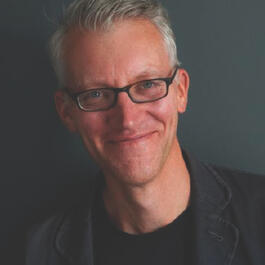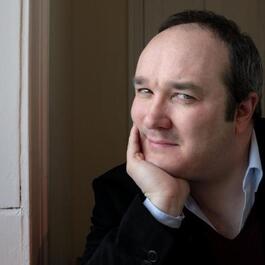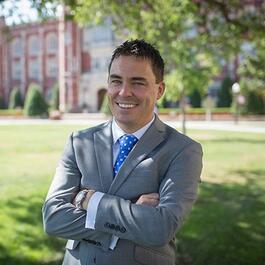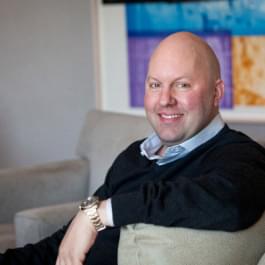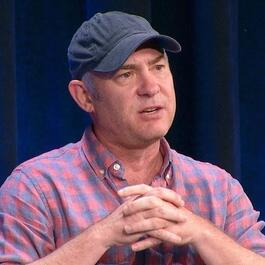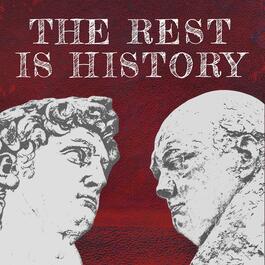
The Rest Is History
Take a deep dive into History’s biggest moments with Tom Holland & Dominic Sandbrook. Explore the stories of History’s most brutal rulers, deadly battles, and world-changing events. From the rise and fall of the Roman Empire, the Nazi conquest of Europe, and Hitler’s evil master plan for world domination, to the French Revolution, the sinking of the Titanic, or the Norman Conquest of England in 1066, Tom and Dominic bring the past to life with gripping storytelling and expert analysis, as they unpack the high-drama moments that shaped our world. The Rest Is History Club: Become a member for exclusive bonus episodes, early access to full series and live show tickets, ad-free listening, our exclusive weekly newsletter, discount book prices on titles mentioned on the show, and our members’ chatroom on Discord. Just head to therestishistory.com to sign up, or start a free trial today on Apple Podcasts: apple.co/therestishistory. For more Goalhanger Podcasts, head to www.goalhanger.com.
Show episodes
Why did Mary Queen of Scots’ second marriage to the volatile Lord Darnley threaten to send Scotland into civil war? In what way did she essentially declare war upon her powerful cousin, Elizabeth I? Who was the hotheaded James Hepburn, the Earl of Bothwell, and why would he come to play such a devastating role in Mary’
Following the death of her husband, the King of France, was the glamorous Mary welcomed back to Scotland, her kingdom since infancy, with open arms or deep suspicion? Did she handle the precarious situation in which she found herself well, or recklessly? Did the majority of Scottish nobles side with Mary, or plot to us
What was life like in the glittering French court, for the young and newly married Mary Queen of Scots? What momentous destiny was her formidable mother, Mary of Guise, planning for her? How did Mary become, in 1559, not only the queen of Scotland, but also of France, and - according to her Catholic French supporters -
Where was Mary Queen of Scots - Elizabeth I’s most famous rival - born, and who were her parents? What was the nature of the turbulent politically and religiously divided world she was born into? How did she become a queen at only one week old, and betrothed to a French Prince at five? Why was it so dangerous to be a S
Who was the Rector of Stiffkey, Harold Davidson - the "Prostitutes' Padre" - and why was he Britain’s most notorious curate? Was it his unnerving infatuation with girls that saw him put on trial and defrocked in 1932? What was the nature of the scandal surrounding the case? What did he do in later life that saw him dis
Why was a boy grotesquely and mysteriously murdered in a wood in Norwich in the 12th century? Who was his killer? Was it a ritual child sacrifice? Why was the murder blamed on Norwich's Jewish community, and in what appalling way? How did the incident set in motion a whole wave of Jewish persecution across the world, a
